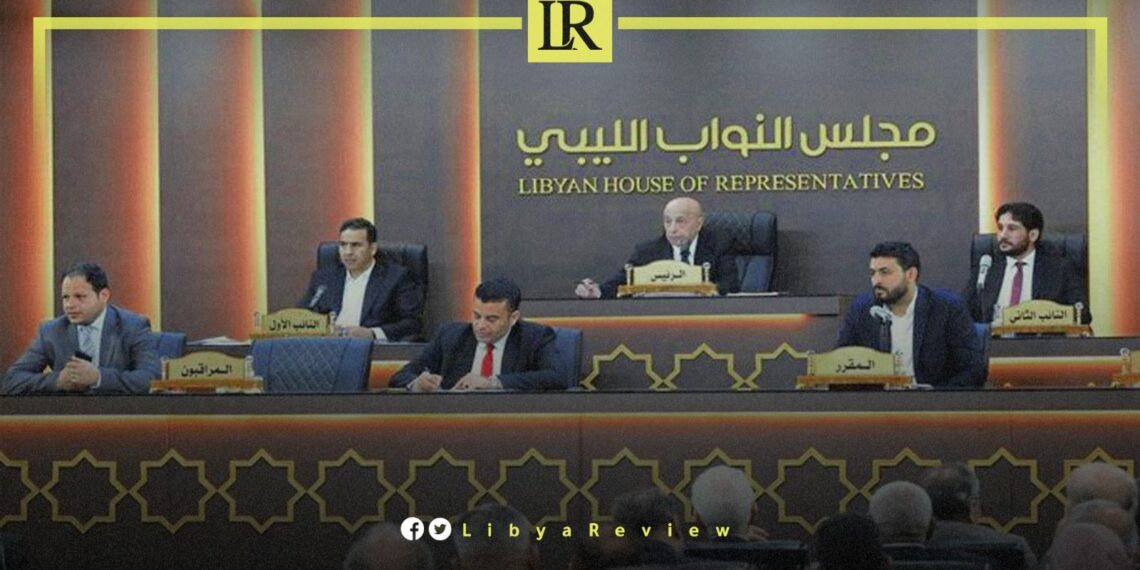Fathi Al-Marimi, Media Adviser to the Libyan House of Representatives (HoR) ruled out merging the rival governments in the East and West.
According to Al-Marimi, a political solution plan for Libya’s presidential and parliamentary election crisis has been agreed upon by the parliament and the High Council of State (HCS).
He added that once a new government is formed to oversee the elections, all transitional phases will conclude.
Al-Marimi noted significant international pressure on Libyan parties to expedite elections and form a government to oversee them nationwide.
Last week, Speaker of the Libyan HoR, Ageela Saleh, reaffirmed the commitment to establishing a unified Libyan government to facilitate national elections. Saleh outlined the legislative strides made towards democracy, including laws for electing state leadership.
During a meeting with the Alawna tribe’s Social Council, Saleh underscored the House’s dedication to a singular, inclusive government. Saleh emphasised the importance of this unity for peaceful transitions and firmly opposed any disruptions to this progress.
His stance highlights a strong commitment to overcoming challenges and fulfilling the Libyan people’s desire for democratic elections, aiming to maintain stability and avoid setbacks in the nation’s journey towards democracy.
Libya has been in chaos since a NATO-backed uprising toppled longtime leader Moammar Gaddafi in 2011. The county has for years been split between rival administrations.
Libya’s economy, heavily reliant on oil, has suffered due to the ongoing conflict. The instability has led to fluctuations in oil production and prices, impacting the global oil market and Libya’s economy.
The conflict has led to a significant humanitarian crisis in Libya, with thousands of people killed, and many more displaced. Migrants and refugees using Libya as a transit point to Europe have also faced dire conditions.
The planned elections for December 2021 were delayed due to disagreements over election laws and the eligibility of certain candidates. This delay has raised concerns about the feasibility of a peaceful political transition.
Despite the ceasefire, security remains a significant concern with sporadic fighting and the presence of mercenaries and foreign fighters. The unification of the military and the removal of foreign forces are crucial challenges.


